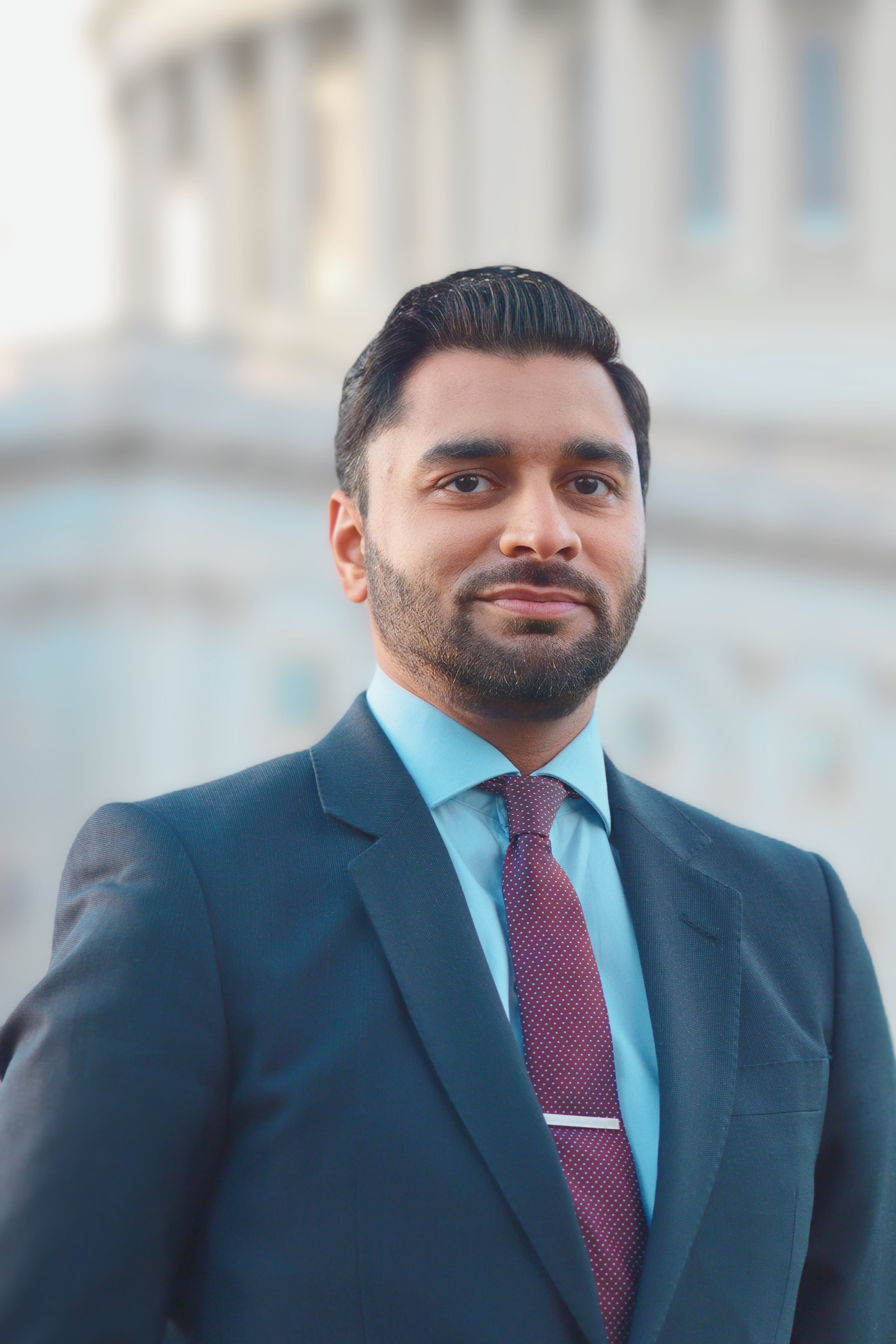Named after Tom Lantos, who initially arrived in the United States on a scholarship and later became a professor, the Lantos Congressional Fellows program honors his deep-seated belief in the power of education and the value of life-long learning.
Lantos Fellows are carefully chosen from a select group of post-college and post-graduate level students from Europe and Israel. Through fellowships hosted by U.S. congressional offices, they have the opportunity to work in the United States and gain a better understanding of the role of human rights in American politics and the legislative process.
More than 100 fellows have participated in the program from countries including Belgium, Bosnia-Herzegovina, Denmark, France, Germany, Greece, Hungary, Ireland, Israel, Italy, the Netherlands, Norway, Scotland, Sweden, Turkey and the United Kingdom. Nearly 50 congressional offices have hosted Lantos Fellows, and the program is fully bipartisan – both Republican and Democratic offices host Lantos Fellows.
Vadood Nasir: Vadood is a UK-based German national who is trained as a barrister and has experience in human rights policy work, advocacy, and campaigning. Throughout his professional legal career in the public and private sectors, Vadood has been committed to substantial volunteering roles for human rights causes including persecution, modern slavery, and asylum seekers. Born in Pakistan, Vadood is deeply invested in minority rights and religious freedom.
City/Country of Origin: Mannheim, Germany
Languages Spoken: English, German, Urdu and Punjabi
University Degrees: Barrister (Called to the Bar of England and Wales), Master of Laws (LLM), Bachelor of Laws with Honours (LLB Hons.)
Top Professional Experiences/Achievements: Advocacy on behalf of prisoners of conscience and religious minorities at various platforms with international human rights NGOs; volunteering for humanitarian causes; advising All Party Parliamentary Groups (UK) on human rights and foreign policy issues; conducting pro-bono legal advice for the less privileged in society; and work experience in London at top level aw firms in arbitration, corporate, banking, and insurance sectors.
What motivated you to apply for the Lantos Fellows Program? Tom Lantos has always been an inspirational figure. He passionately believed in human rights and freedom of religion for all. He fought for the oppressed and his legacy continues to live on for generations to come. The Lantos Foundation, set up in his memory, has been a leading voice for the voiceless. I very much align myself with the ethos and values of prioritizing human rights and justice, raising awareness of human rights violations and challenges through campaigns and initiatives, and empowering those at the frontlines of human rights struggles. This motivated me to apply for the fellowship program. The Lantos Foundation provides a unique opportunity for young human rights professionals. Dr. Katrina Lantos -- a strong voice for religious freedom -- as President of the Lantos Foundation has established the foundation as a distinguished voice for the voiceless.
What do you hope to learn or gain from your time as a Lantos Fellow? I hope to gain hands-on experience in the functioning of Congress. An understanding of the conversations and deliberations on policy making, that lead into the legislative process, which in turn has a global impact. And the role human rights play in the policy framework. As an added benefit, I will make new friends, exchange ideas, and learn from other fellows and human rights professionals. Of course, I can’t miss out on exploring DC, the culture and taking advantage of free museums and the variety of restaurant choices.
If you could have dinner with any human rights figure (living or deceased), who would it be? What would you talk about or what would you ask them? I take inspiration from Chaudhry Sir Muhammad Zafarullah Khan (1893-1985) in my career. An eminent jurist, diplomat, and statesman, he is the only person to date to serve as the President of both the UN General Assembly and the International Court of Justice. According to former first lady, Eleanor Roosevelt, he was crucial in passing the Universal Declaration of Human Rights. I would talk about his faith. As a devoted Ahmadi Muslim, he maintained a balance between professional work and religion obligations. The conversation would be about his discipline, what inspired him, the trust placed in him by many countries to advocate for their rights, and his absolute faith in God in every matter.
Tom Lantos always believed that human rights should transcend partisan politics. Do you believe this is still possible, even in a political climate with such deep partisan divisions? If so, how do you believe we can bring people together over key human rights issues? I agree with Tom Lantos. Politics has always been divisive in one form or another. He was successful in bringing them together for a common cause. I believe it is still possible. All human beings are equal, born equal, and deserve to be treated equally with respect and dignity. No child chooses their parents, country, or household. “In God we Trust” reads every institution, and is the motto of the United States of America. In my opinion, the belief in God, faith, and religion can bring people together.

